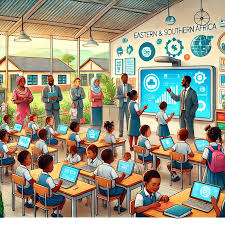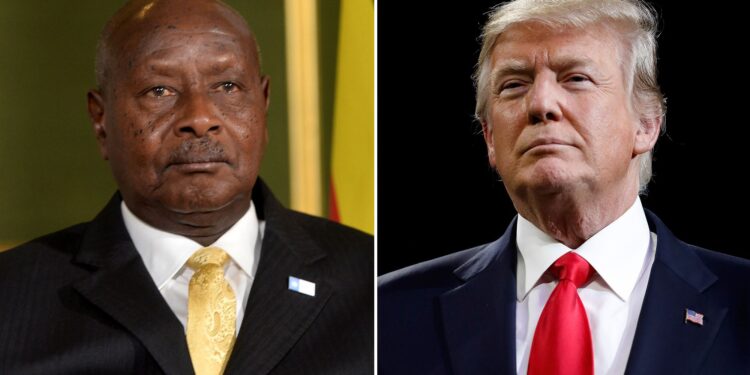A major $70 million regional education initiative is set to transform the way young Africans learn and interact, following the launch of the African Centre for Social-Emotional Learning (ACSEL) across Uganda, Kenya, and Tanzania.
The project — the first of its kind in Africa — aims to embed social-emotional learning (SEL), life skills, and values-based education into school curricula, helping students develop empathy, resilience, emotional intelligence, and ethical leadership skills vital for the 21st century.
The African Centre for Social-Emotional Learning will serve as a regional hub for research, teacher training, and curriculum innovation. The initiative is supported by development partners, education ministries, and leading academic institutions in East Africa, working together under the African Union’s Continental Education Strategy (CESA 16-25).
According to organizers, the multi-country project is designed to train over 1,000 education professionals by 2030 — including teachers, school heads, and education policymakers — who will then train thousands more across the continent.
The initiative is part of a broader effort to shift African education away from rote learning toward holistic education that promotes emotional well-being, collaboration, and ethical citizenship.
“We are preparing a generation that is not only knowledgeable but emotionally intelligent and socially responsible,” said Dr. Ruth Nansubuga, Uganda’s National Coordinator for the project. “Academic performance alone is no longer enough; young Africans must learn to connect, care, and contribute meaningfully to society.”
Social-emotional learning focuses on developing the “soft skills” often missing in traditional education systems — including self-awareness, empathy, decision-making, and conflict resolution.
Studies by UNESCO and UNICEF show that SEL can improve classroom behavior, reduce school violence, and boost academic outcomes. In Africa, where youth unemployment and social divisions remain pressing challenges, educators say SEL can play a crucial role in building cohesive, peaceful, and innovative societies.
“Education systems must produce not just job-seekers, but citizens with character,” said Prof. George Odhiambo, one of the regional advisors for the initiative. “This centre will help embed those values at the heart of our schools.”
Uganda will host one of the three regional centres, alongside partner institutions in Nairobi, Kenya, and Dar es Salaam, Tanzania. The Ugandan hub will focus on teacher development and education policy research, working closely with the Ministry of Education and Sports and Makerere University’s College of Education and External Studies.
The project is expected to create direct employment opportunities for educators, researchers, and support staff, as well as spur regional collaboration on education reform.
“This initiative aligns perfectly with Uganda’s new Competency-Based Curriculum, which emphasizes life skills, values, and emotional intelligence,” said Janet Kataaha Museveni, Minister of Education and Sports. “We are proud to see Uganda take a leadership role in redefining education for Africa’s future.”
The project has received technical and financial backing from a consortium of partners, including UNICEF, the Mastercard Foundation, and the Global Partnership for Education (GPE).
In addition, the East African Community (EAC) has endorsed the initiative as a model for regional cooperation in education. The aim is to expand ACSEL’s reach to at least ten African countries by 2035, supporting national education reforms and research networks on social-emotional learning.
“The future of African education lies in collaboration,” noted Amb. Peter Mathuki, EAC Secretary-General. “By pooling our expertise, we can nurture not just skilled workers but compassionate leaders.”
With Africa’s youth population projected to exceed 830 million by 2050, education experts say the continent must invest not only in science and technology but also in social intelligence and emotional well-being.
The African Centre for Social-Emotional Learning represents a crucial step toward this goal — positioning East Africa as a continental leader in the next generation of educational transformation.
“Our investment in emotional intelligence is an investment in Africa’s peace, unity, and prosperity,” Dr. Nansubuga emphasized. “When children learn to understand themselves and others, they build the foundation for a better world.”



